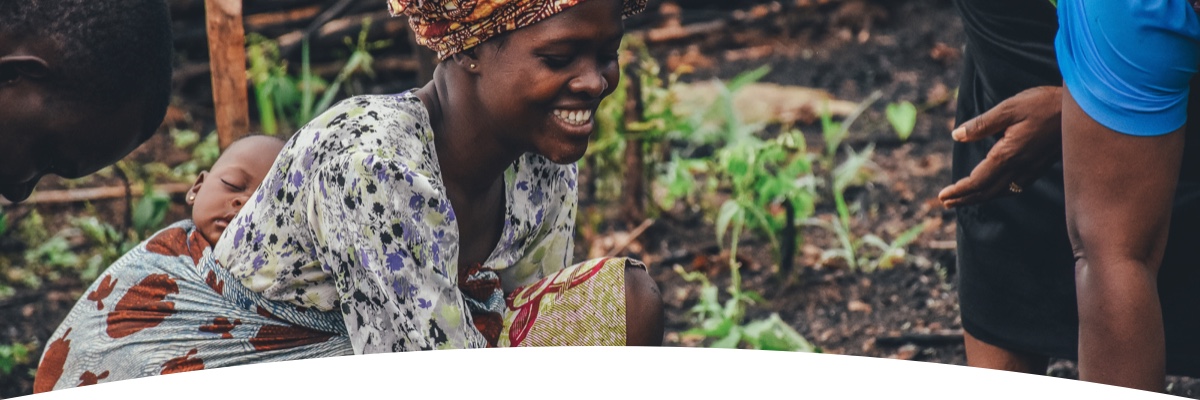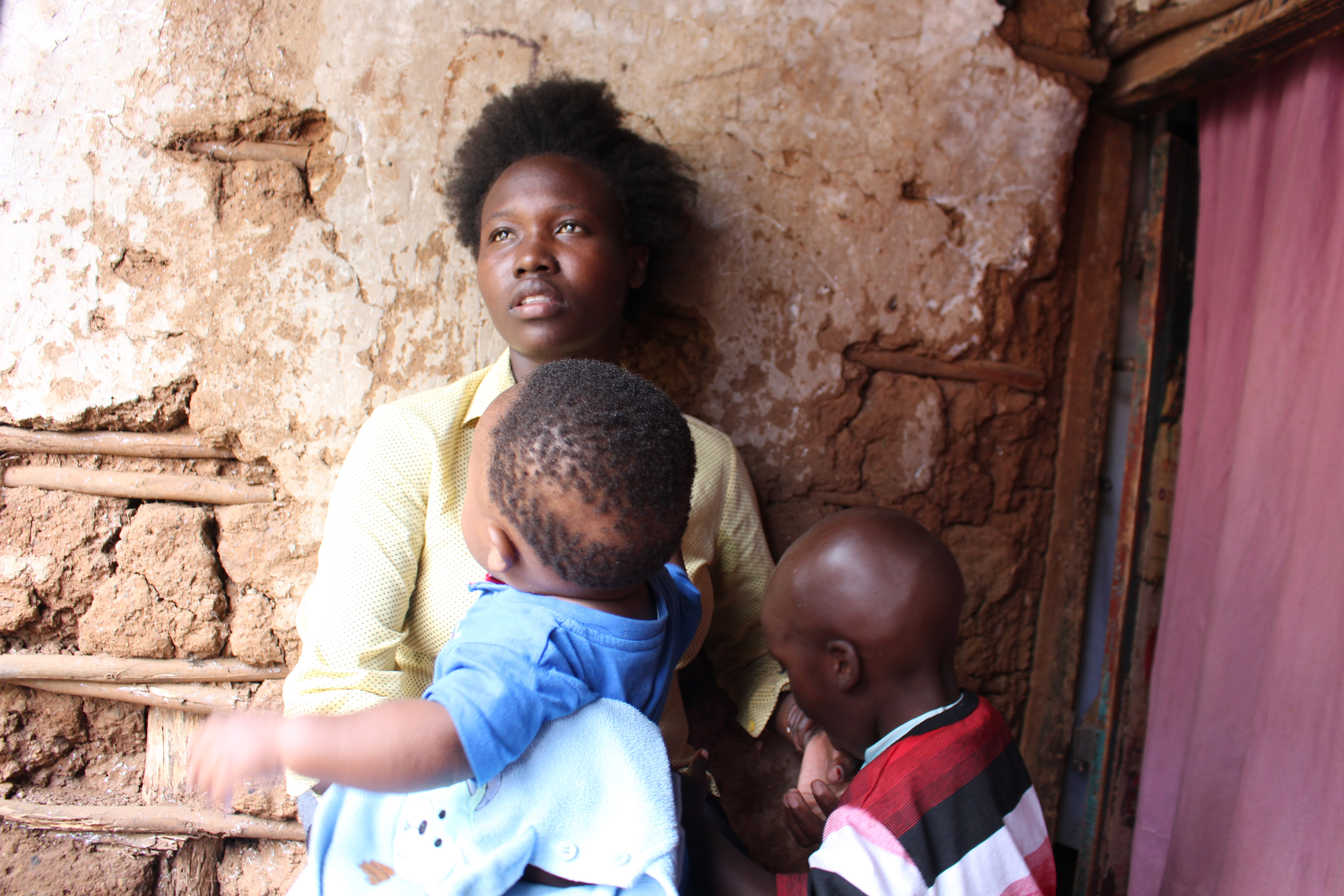
Reproductive Healthcare: The Missing Link
A new study highlights the importance of ensuring universal access to modern reproductive healthcare to achieving the United Nation’s 17 Sustainable Development Goals. To mark World Contraception Day, Population Matters calls for increased funding to the UNFPA to fulfill unmet modern contraceptive needs.

Reproductive Healthcare & The Sustainable Development Goals
The new study, titled Drawdown’s “System of Solutions” Helps to Achieve the SDGs examines the link between Project Drawdown’s climate solutions and achievement of the United Nation’s 17 Sustainable Development Goals (SDGs).
Project Drawdown is an acclaimed international collaborative project spanning work from research fellows from 22 countries and six continents. It ranks the top 80 practical mechanisms for cutting carbon emissions. Its health and education solutions, including the universal right and access to reproductive healthcare and universal access to primary and secondary education, are identified in the new “Systems of Solutions” study as having “the highest number of links to the SDGs compared to all other solutions evaluated”.
As also detailed in our own Hitting the targets report on population and the Sustainable Development Goals, when women and girls have access to modern birth control methods, they are able to decide if and when they have children, alongside the number and spacing of their children. Empowering women with the ability to make these choices can help girls to stay in school for longer, and pursue their educational and career goals. Education for all helps to lift entire communities out of poverty, and girls that stay in education longer go on to have smaller families. Access to modern family planning is a crucial element of achieving SDG: Gender Equality, which in turn, is imperative if the remaining SDGs are to be achieved.
The “Systems of Solutions” study reports that the links between reproductive healthcare, education and reduced family size have a knock-on effect on the achievement of many of the SDGs and their targets, including improving food security, lessening the pressure on the planet’s overexploited resources, and helping to avoid environmental degradation, as well as adding that “reduced family size improves economic outlooks for women”. This impacts directly upon SDGs 1: No Poverty, 5: Gender Equality, 8: Decent Work & Economic Growth and 10: Reduced Inequalities.
A Human Right
Equal access to sexual and reproductive health care (SRH), including modern contraceptive methods, is vital for the lives and wellbeing of girls and women and has “major, direct impacts on SDG3 (Good Health & Well-being)”, according to the study, as well as SDG5: Gender Equality. This includes:
“reducing maternal mortality, preventing deaths of newborns and young children, and helping to end sexually transmitted communicable diseases. Addressing access to voluntary reproductive healthcare as a legally-enforced right supports women’s reproductive autonomy, as well as helping to ensure equal opportunities for women and girls (SDG5).”
Unmet Needs
Another report published earlier this year, Estimating progress towards meeting women’s contraceptive needs in 185 countries, estimated the number of women and girls who wish to avoid becoming pregnant but have unmet modern contraceptive needs to be at 270 million, up from 232 million in 1990. By 2030, this number is likely to increase further to 272 million due to population growth.
This growing figure is despite targets 3.7 and 5.6 of the UN’s SDGs, which call on countries, by 2030:
“to ensure universal access to sexual and reproductive health-care services, including for family planning, information and education” – United Nations
The Estimating progress report was released just as the global COVID-19 pandemic was emerging. Since then, healthcare resources across the world have been stretched to the limit, and in some cases, reallocated to tackle the new virus. Reports have also emerged of worldwide increases in domestic violence, limited access to family planning services even in the Global North, and the economic pressures placed on families accelerating a rise in child marriage, which often precipitates motherhood and childbearing.
Funding Falls Short
The task of funding the goal of universal access to modern SRH and contraceptive methods is complex. It has been complicated further during recent years through the provision of funding with severe restrictions, such as the US’s Global Gag Rule, which denies funding to any organisations, and organisation partners, that deliver abortion services.
The UN’s sexual and reproductive healthcare agency, the UNFPA, is one of the agencies responsible for coordinating global family planning access and ensuring that targets 3.7 and 5.6 are met. UNFPA Supplies is the world’s largest provider of donated contraceptives. The UNFPA relies entirely on voluntary donations from governments and other partners to support its work and, since its inception, has run multiple international fundraising campaigns to ensure adequate funding due to shortfalls.
Of the top 20 funders of the UNFPA (combined core and co-financing contributions), only 13 out of the twenty G20 members featured in the most recent UNFPA donor statistics report, published in 2018. Some G20 members do not make any core contributions to the UNFPA at all. Collectively, G20 members account for approximately 90% of the gross world product (GWP), and two-thirds of the world population.
G20 members that do not appear in the 2018 UNFPA top 20 funders (combined core and co-financing contributions) list are: India, Russia, Saudia Arabia, South Africa, Argentina, Mexico, Turkey and the world’s two largest economies, China and the USA. For four consecutive years, the United States has withheld critical funding from the UNFPA.
The evidence is clear: ensuring universal access to reproductive healthcare and education is key to realising many of the goals and targets across the SDG Framework. Modern family planning funding must be a global priority. It is vital to ensure that those countries that are able to do so, provide adequate financial resources towards fulfilling the unmet contraceptive needs of an estimated 270 million women and girls across the world.
